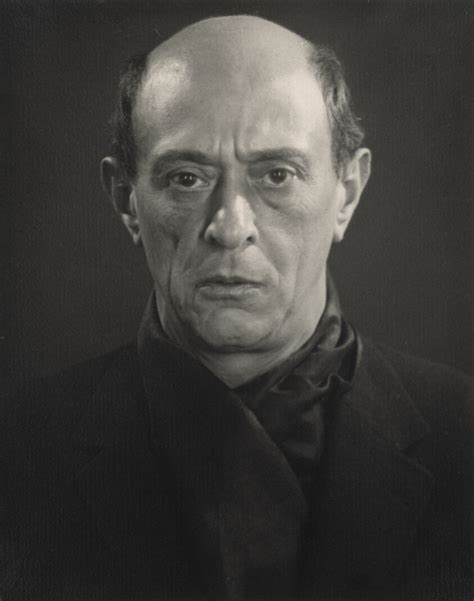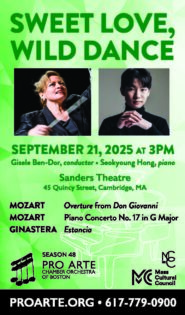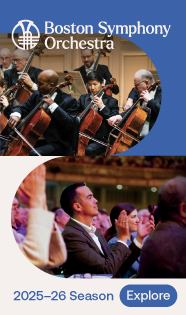Brahms and Schoenberg make a companionable pair in BAE’s season finale
It’s no secret that Arnold Schoenberg admired Johannes Brahms. Less well-known is the fact that the latter reciprocated: shortly before his death in 1897, the man Schumann once dubbed the heir to Beethoven’s legacy was shown a draft of the younger composer’s String Quartet in D major by his teacher, Alexander von Zemlinsky. Brahms gave it his blessing.
Of course, that was a decade or so before Schoenberg’s knottier style emerged and what Brahms might have thought about the 12-tone method is anyone’s guess. Nevertheless, the stylistic commonalities shared between these two arch-Romantics—among the last lights of a German musical tradition that went back to Buxtehude and Schütz—means that their music, harmonic differences notwithstanding, usually pairs well together.
That was very much the case on Sunday afternoon at St. Paul’s Church in Brookline, where the Boston Artists Ensemble wrapped up their season with a concert featuring Brahms’s G-major String Quintet and Schoenberg’s Verklärte Nacht.
Written in 1890, the quintet, Brahms’s second, was intended to be his last composition. A chance encounter with clarinetist Richard Mühlfeldt meant that, thankfully for posterity, his retirement was short-lived.
Either way, this thirty-minute-long score doesn’t sound particularly valedictory. Though its middle movements mine some dark territory, the outer pair are wonderfully sunny; the finale digs into the zesty Romani style Brahms perfected in his Violin Concerto and Hungarian Dances.
Sunday’s account from violinists Ayano Ninomiya and Lucia Lin, violists Jessica Bodner and Rebecca Gitter, and cellist Jonathan Miller was, by and large, well-directed and shapely. Though periodically hampered by moments of spotty intonation, the group drew out the music’s conversational aspect well, especially across the last movement’s dovetailed episodes.
The collective also navigated Brahms’s convoluted rhythmic schemes in the first two movements with a good bit of assurance. Ninomiya, whose powerful take on the first violin part was brilliantly etched, proved the afternoon’s anchor, stylishly leading the pentad through the Quintet’s many shifts of mood and atmosphere. Their traversal of the Un poco allegretto’s minore passages involved some especially fervent moments.
There wasn’t any shortage of ardency to be had, either, in the afternoon’s reading of Verklärte Nacht.
A response to Richard Dehmel’s eponymous poem about a woman confessing an unplanned pregnancy (by another man) to her lover and his magnanimous response, this 1899 effort showcases Schoenberg at his soupiest and most chromatic—but still tonal. It’s unforgivingly exposed stuff, both technically and harmonically, and Sunday’s rendition of the sextet version didn’t always overcome those considerable obstacles.
Yet it was firmly alive to the tone poem’s expressive essence. The ensemble, now joined by cellist Owen Young, brought intensity to bear on Verklärte Nacht’s climaxes: those were all strongly focused. The soft spots were dispatched with similar purpose. In between came moments of attentive, thoughtful balance. Not once did Schoenberg’s thick-textured writing devolve into muddle.
Instead, it moved with uncommon direction (Sunday’s performance clocked in just under thirty minutes). As a result, the music’s structure was brightly illuminated. That, despite this, the score still felt a touch long-winded was more a reflection of Schoenberg than the Ensemble’s interpretation which, for spirit and character, was roundly pleasing.
The program will be repeated 8 p.m. at Hamilton Hall in Salem. bostonartistsensemble.org
Posted in Performances


